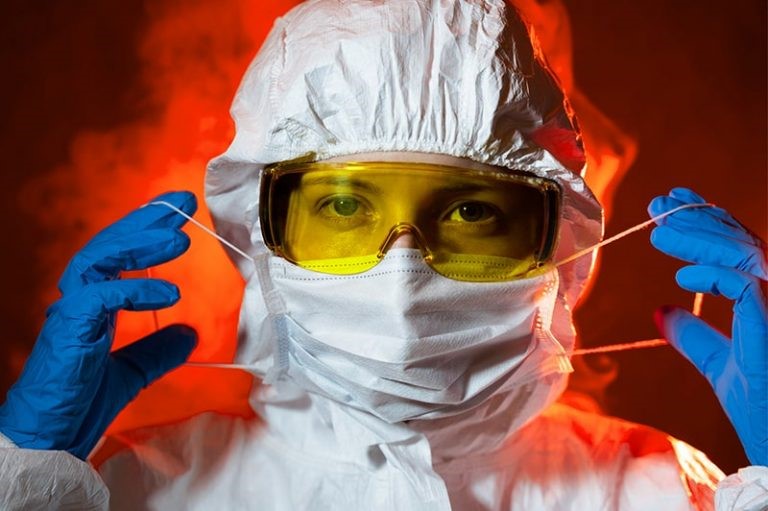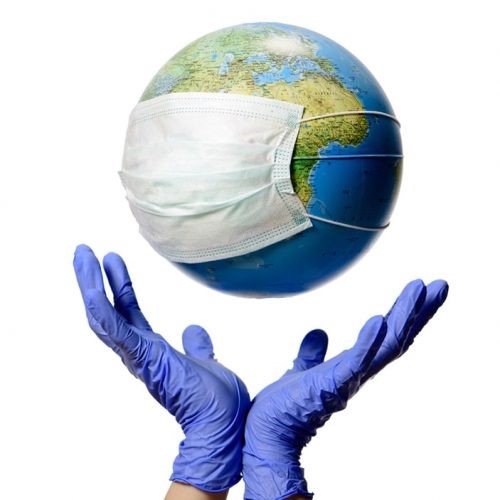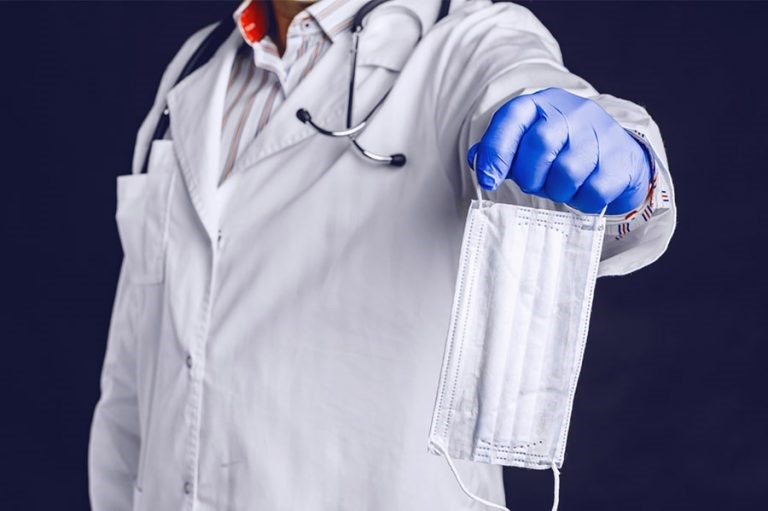Coronavirus has changed many things about life, including dental care. As dentists and the teams are close to the patience, and there is physical contact, which makes it an easy place for illness and viruses to be transmitted. For this reason, dental appointments are currently on hold, but emergency care is still available. All dental emergencies need to be handled as quickly as possible to avoid permanent damage and to help control any pain that may occur. If a dental emergency occurs, contact the dental clinic to talk to an experienced team to know what the best action to take is.

“Everyone wants to know when this will end,” said Devi Sridhar, a public-health expert at the University of Edinburgh. “That’s not the right question. The right question is: How do we continue?”
According to a study conducted by HuaqiuGuo et al. in 2020 which was published in the Journal of Dental Sciences, they investigated the strong influence of COVID-19 on dental emergencies. The participants were 2537 patients. At the beginning of the COVID-19, there was a reduced rate of dental appointments. The oral and dental infections increased from 51% to 71% during COVID-19. Also, there was a decreased rate of dental trauma from 14.2% to 10.5. Moreover, the elective and non-emergency cases reduced to 0.3% of pre-COVID-19.
A dental emergency includes a broken tooth, a tooth that has been knocked out, a tooth abscess, gum or tooth infection, and broken dental restorations. Dental emergencies can cause further damage to more teeth and gums and other concerns that can cause further injury or allow an infection to spread. In these occurrences, it is important to call your emergency dentist as soon as you can and book an emergency appointment to have it checked. They may be able to correct some issues in the first appointment or may need to do some short term treatments and book a complete repair a few days later.

As COVID 19 is affecting people around the world, it is essential to keep both the dental clinic staff and patients as safe as possible. This will entail more detailed protections and processes such as masks being worn all the time rather than just during the repair or dental work, but also when you arrive right until you leave. It will leave the staff keeping further distance where possible, and only becoming close to the patient’s face when needed. Cleaning processes used during a procedure may be altered or increased, but as masks, gloves, and sanitizing processes are used in all situations, many of these processes are already well used, well-practiced, and will help maintain the health of everyone involved.

As this virus is shared not only from direct contact but lingers on the surfaces around us and in the air as well, it is important to limit contact with as many surfaces as possible, especially in high traffic areas. For this reason, many businesses are encouraging payment through tap function on debit or credit cards, and touchless payments are an important part of limiting the spread.
Any paperwork may be signed with a pen that you are then encouraged to keep so as to limit shared supplies, or submitted entirely electronically as the virus can live on paper products as well. Gloves are worn by staff during treatment may now be worn the whole day, and changed frequently. Be courteous of staff and others, as the clinics are only available for emergency there should be no other patients in the office at the same time, and staff can clean between patients, but they are in a time of increases stress as well, and are doing all they can to help maintain the health and safety of their patients.
According to a survey by the University of British Columbia (UBC), “Hospitals across Canada are leading a research effort examining potential treatments for COVID-19 as part of the Solidarity Trial, a multinational initiative being coordinated by the World Health Organization (WHO) and supported by the Canadian Institutes of Health Research (CIHR).”
Source:
Dental Clinic Toronto
 icons at the top right corner of the subsection.
icons at the top right corner of the subsection.